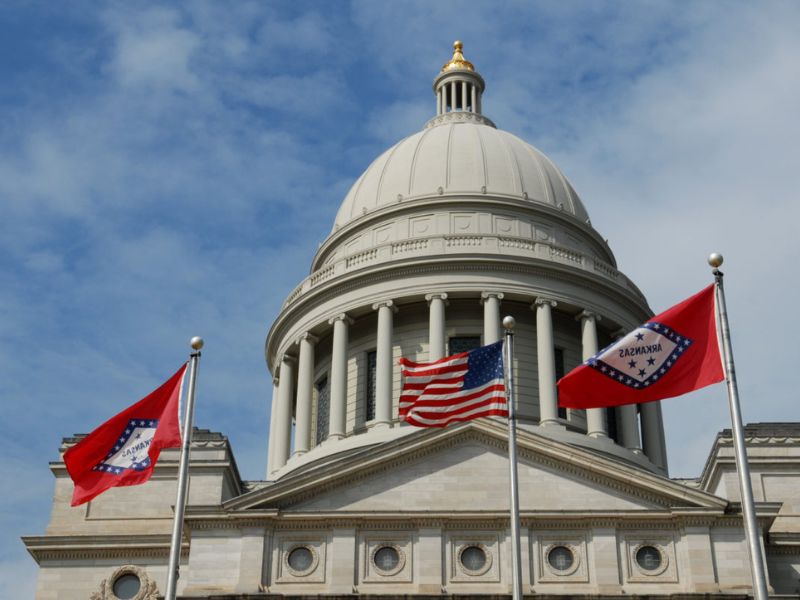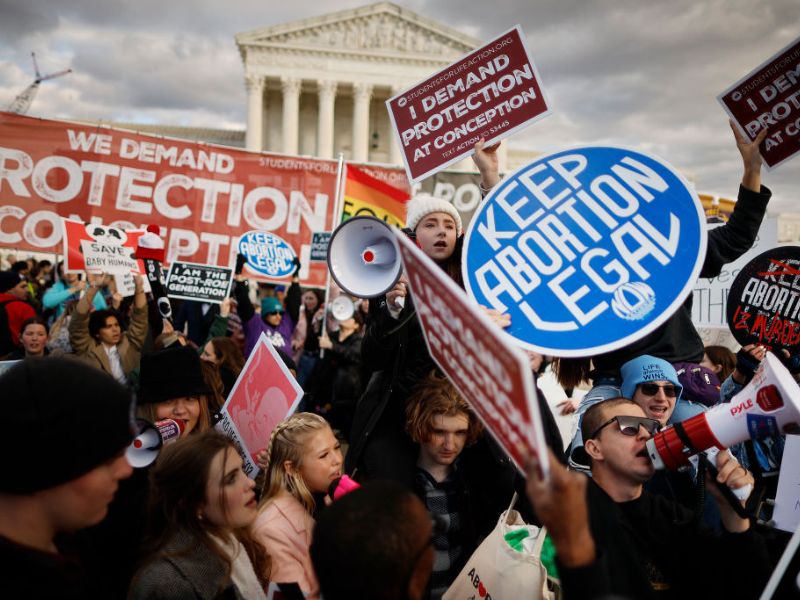Arkansas Election Officials Reject Abortion-Rights Ballot Measure Petitions
Arkansas decision authorities have rejected petitions for an abortion-rights poll degree that supporters pointed to show to voters this drop. The choice, made on Wednesday by the secretary of state’s office, was based on the disappointment to yield vital explanations concerning paid signature gatherers.
Organizers had submitted over 101,000 marks on final Friday, surpassing the desired 90,704 marks from enlisted voters, which moreover required to incorporation of the least number from 50 provinces. Despite this, Secretary of State John Thurston expressed that, indeed if his office acknowledged the valid marks from volunteers, the entire would as it were reach 87,382—falling brief of the desired sum.

Arkansans for Restricted Government, the bunch behind the proposed sacred alteration, communicated their alarm at the dismissal. They demanded that they give all required documentation and kept up communication with the secretary of state’s office to guarantee compliance with all controls. The gather pronounced its deliberate to battle the preclusion, calling it a “silly preclusion endeavor.”
The proposed degree pointed to anticipate laws prohibiting premature birth inside the primary 20 weeks of development, whereas permitting the strategy afterward in cases of assault, inbreeding, dangers to the woman’s wellbeing or life, or if the baby would be impossible to outlive birth. This proposition came within the wake of the 2022 U.S. Preeminent Court administration that expelled the across-the-country right to premature birth, inciting endeavors to let voters choose premature birth rights on a state-by-state premise. Taking after the Preeminent Court’s choice, an Arkansas law forbidding premature birth took impact, allowing the strategy as it were to ensure the mother’s life in a restorative crisis.
This vote proposition was seen as a critical test of back for fetus removal rights in a predominantly Republican state where driving authorities have openly opposed premature birth. GOP Senator Sarah Huckabee Sanders, who restricted the degree, took to the social stage X to criticize the supporters, calling them “corrupt and awkward.”

Despite the measure’s importance, it needed backing from major national abortion-rights organizations like Arranged Parenthood, which restricted the 20-week confinement on fetus removal. Also, the proposal confronted solid resistance from anti-abortion bunches within the state, including the Family Chamber Activity Committee. This group had distributed the names of people gathering marks and had pledged to challenge the revision in court in case it made it onto the vote.
Thurston’s dismissal letter cited an Arkansas law that commands campaigns to yield articulations recognizing each paid canvasser by title and confirming that they had been educated of the rules on gathering marks. This prerequisite was not met by the proposal’s supporters, driving to the preclusion of the submitted petitions.
Despite this mishap, the organizers remained unflinching, attesting that they had perseveringly followed all required steps and documentation forms. They promised to proceed with their battle against the preclusion, emphasizing their commitment to guaranteeing the measure’s incorporation on the vote.
The proposal’s dismissal highlights the continuous and warmed debate over fetus removal rights within the joined-together States, especially in conservative-leaning states like Arkansas. The strife underscores the complex exchange between state controls, legitimate necessities, and grassroots organizing efforts in forming long-run fetus removal rights at the state level. The result of this specific exertion in Arkansas may serve as a bellwether for comparative activities in other states, as both supporters and opponents of fetus removal rights proceed to explore the advancing lawful and political scene after the Incomparable Court’s 2022 administering.
FAQ:
What is the abortion law in Arkansas?
In Arkansas, abortion is banned except to save the mother’s life in a medical emergency. This law took effect after the U.S. Supreme Court overturned Roe v. Wade in 2022, removing the federal constitutional right to abortion. The state’s trigger law passed in 2019, was designed to ban nearly all abortions immediately if Roe was overturned. Arkansas does not allow exceptions for rape or incest. As a result, access to abortion services is severely restricted, reflecting the state’s conservative stance on reproductive rights.
Must Read:

